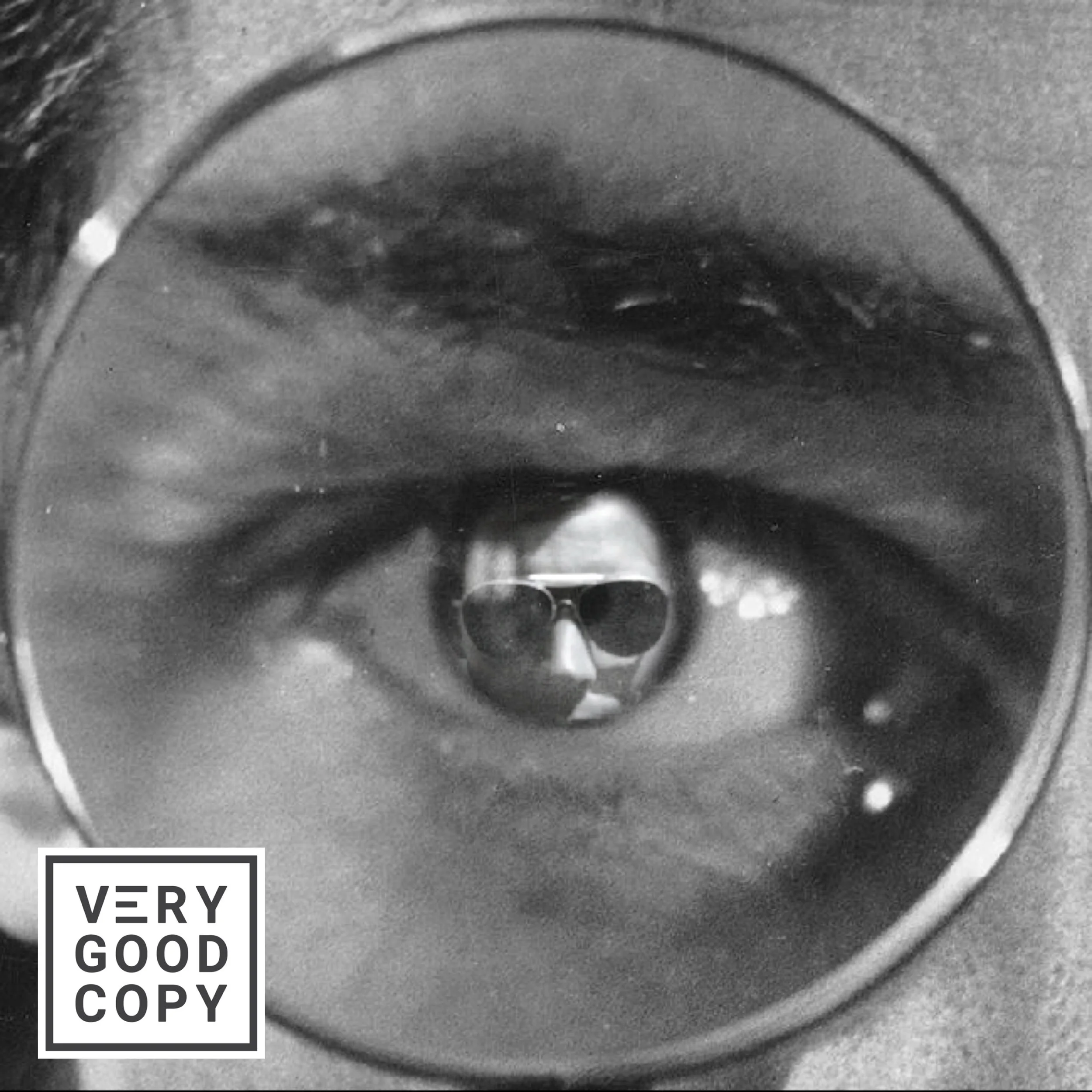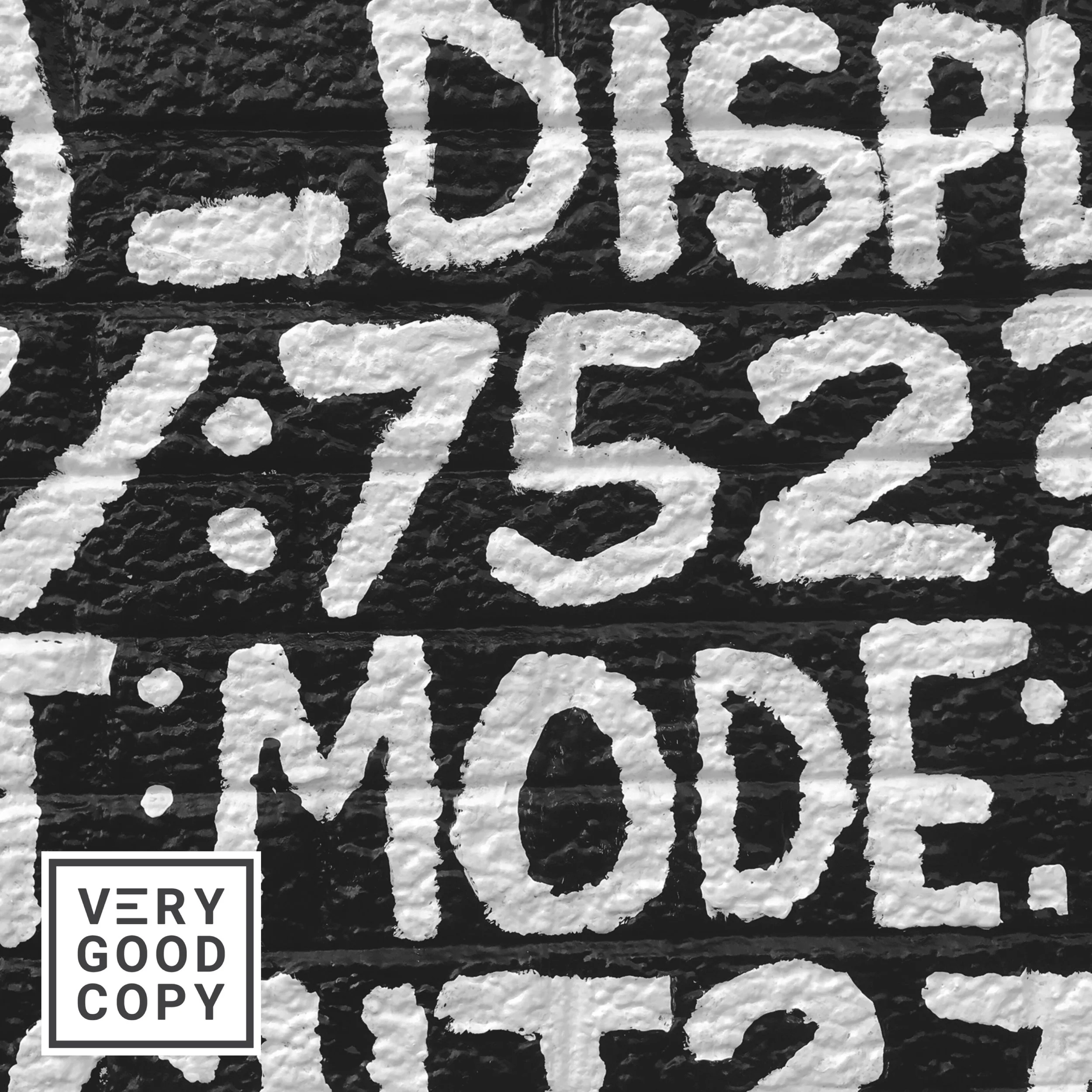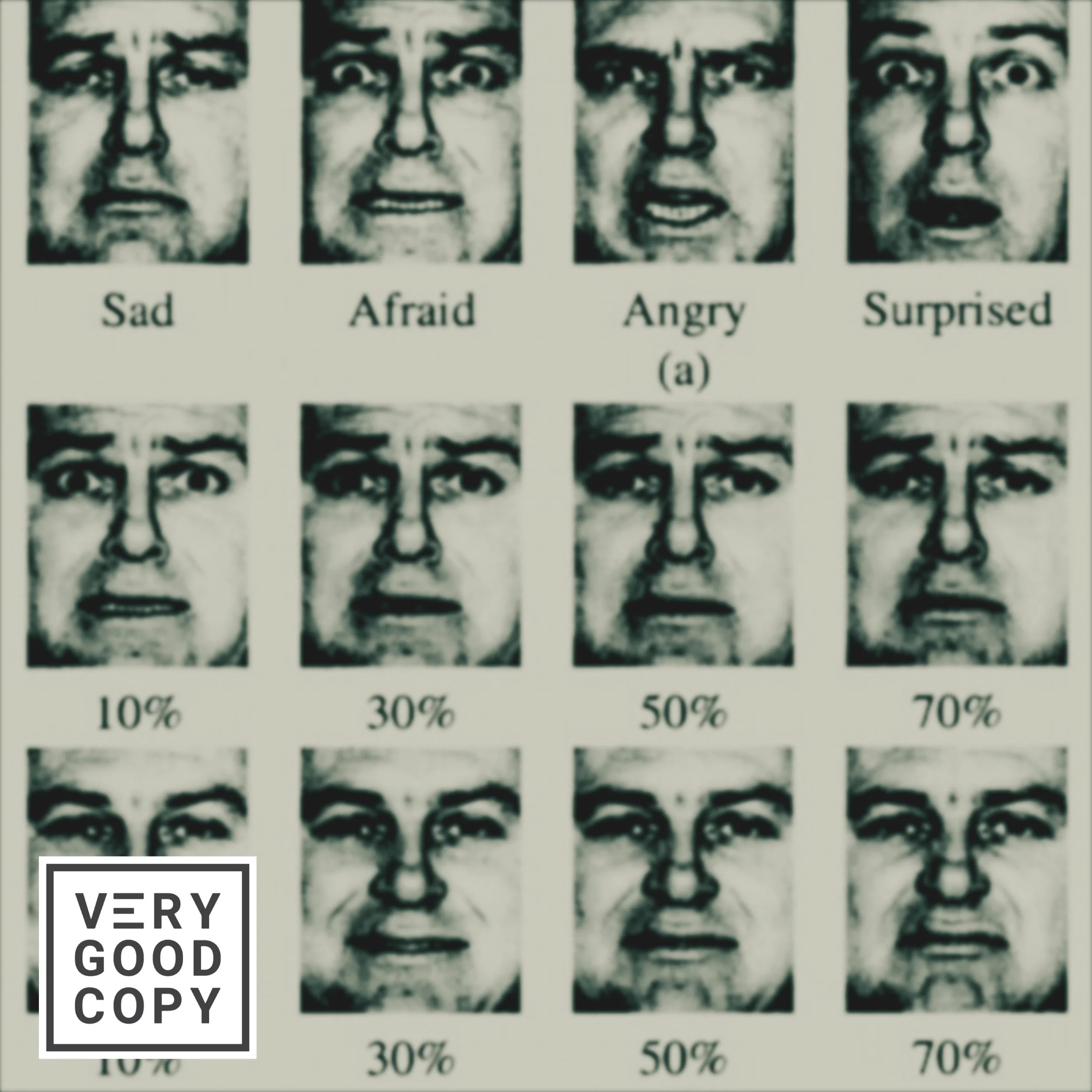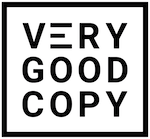![VERY GOOD COPY [LOGO].png](https://images.squarespace-cdn.com/content/v1/5615edeae4b0b9df5c3d6e90/1503786541550-Z12NHAFNY96P65UIJT7Q/VERY+GOOD+COPY+%5BLOGO%5D.png)
Last week, a doctoral student came to me for writing advice.
“So you want me to be more concise?" she said. "In academia, I just write until I die."
“Remember,” I said, “your professors are getting paid to read your writing. Everyone else is reading it because they want to."
People who publish content on the Internet, from established bloggers and journalists to ordinary Twitter and Facebook users, need to:
1) Relay the value of their content quickly
2) Limit their readers' cognitive expenditure dramatically
Why?
Because most people don't read, they scan.
According to research conducted by the Nielsen Norman Group, 79% of readers scanned new web pages in 1998.
Ten years later, in 2008, the same researchers conducted another online attention test. The conclusion was that visitors, on average, have time to read at most 28% of the words on a page; 20% being more likely.

Ten years later, readers are still scanning.
Then, in 2013, Farhad Manjoo wrote a piece for Slate called You Won’t Finish This Article. According to Manjoo, nearly 40% of the people who land on a page won’t make it past the first paragraph. And if they do, they’re likely going to scan the page for captivating sub-headlines, bullet points, and bolding.
Scanning is the new reading.
That's why web copywriters shouldn't be offended when people peruse their work, skimming it for the bits they want or need. It's nothing personal. It just is.
The solution?
Adjust: Write for scanners.
Make it easy for scanners to fall down your page. Here's how:
1. Be concise.
Concise writing is easy-to-read, yet still contains all the useful information a reader needs. If you want to write more concisely, channel Hemingway:
- Avoid adverbs and adjectives
- Avoid the passive voice
- Avoid jargon
2. Make your layout scannable.
Use the following on-page elements:
- Bulleted and numbered lists
- Bold and italicized text
- Sub-headlines
- Short paragraphs
See, wasn't that easy to get through?
3. Use objective language.
To be completely objective would be to write without adjectives and buzzwords. Objective writing is also supported by hard evidence, like research and direct quotes.
Don’t be completely objective. That would leave your copy void of charm, which is essential if you want to sell your readers. That said, reasonably objective writing does have its benefits: It’s easily read and understood.
When it comes to objectivity, strike a balance.
Not buying it?
Don't believe that concise, scannable, objective writing performs better online?
This study uses data to drive the point home.
LEARN TO PERSUADE
![VeryGoodCopy [Logo] DARK.png](https://images.squarespace-cdn.com/content/v1/5615edeae4b0b9df5c3d6e90/1527124818427-ZVNVRTWLS4WZK6TSINDL/VeryGoodCopy+%5BLogo%5D+DARK.png)
WRITE BETTER.
MARKET BETTER.
SELL MORE.







































![How copywriters put prospects in the buying mood [quick trick]](https://images.squarespace-cdn.com/content/v1/5615edeae4b0b9df5c3d6e90/1533095575515-C2JPAZA3C46IBX00EMM8/Put+prospects+in+the+buying+mood+%5BVGC+art%5D.JPG)




















